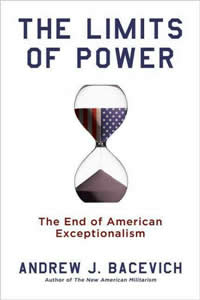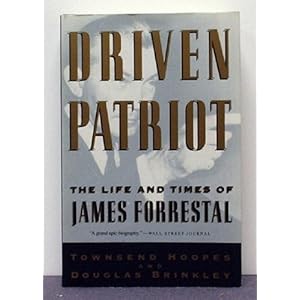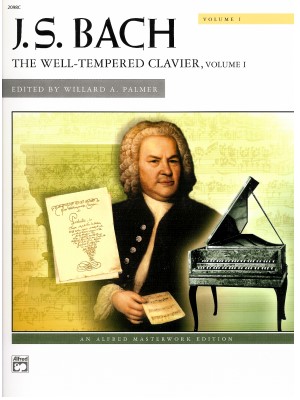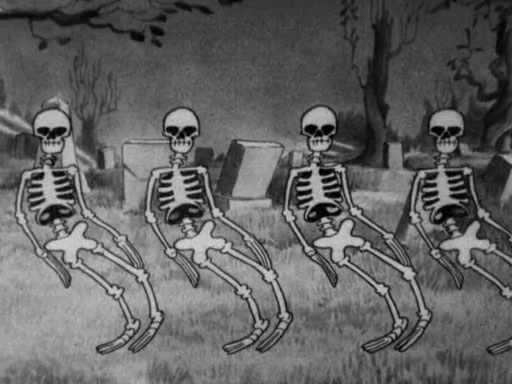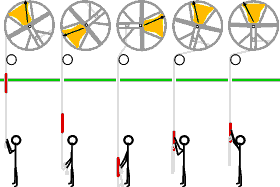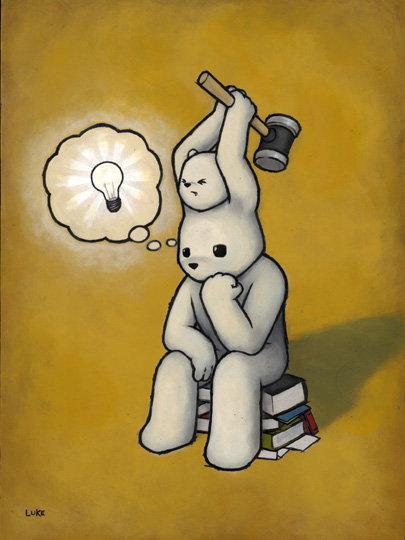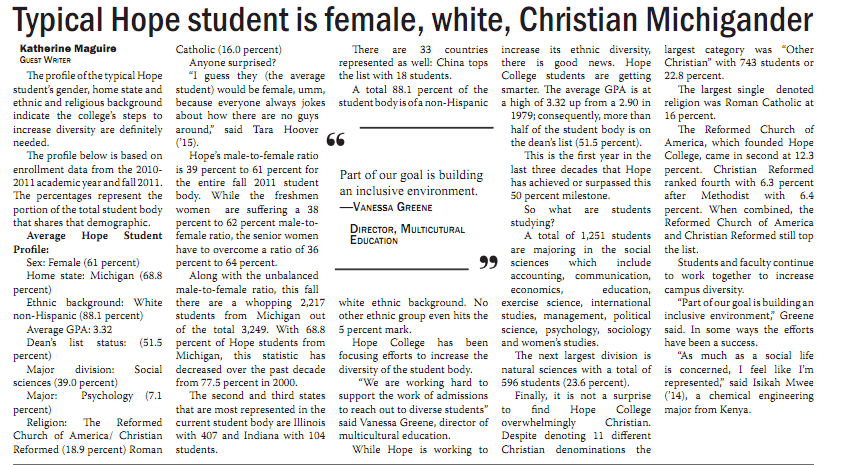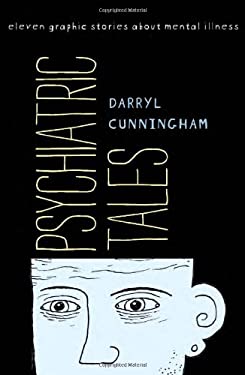The choir sounded good again yesterday at service. I think I have actively interested the group in producing their voices better, blending and singing pure vowels.

I also was pleased with my performance of the two Schubert piano sonata movements. I had done some seriously thinking and rehearsing of both of them which came to some pretty good fruition from my point of view.

I listened to others recorded performances of both of them and was surprised at the liberties other performers took with the written dynamics. Schubert seems in both of these movements to distinguishing between moving gradually and suddenly between loud and soft.
In one passage that I heard a distinguished performer perform, repeated sections were treated as strict echo passages, that is playing the second section softer than the first. Interestingly, Schubert notated the “echo” passage with diminuendo which utilized the repetition in a less obvious way and in my opinion was sort of charming. So instead of repeating the passage as an echo, the repetition faded away.
Anyway.
Pages of the Allegro I played for the postlude were loose in the book. I asked Eileen at the last minute to turn pages for me in case they were to fall as I was playing. She did so admirably. But at one point she reached over in front of me (wearing her choir robe) and covered the section of the keyboard that I needed to use. I had to pause and tell her that she needed to move her arm so I could continue. (smile) It was a funny moment.
Parishioners paid a bit more attention than usual to the postlude. One plopped down next the piano. There was scattered applause afterwards (much appreciated).
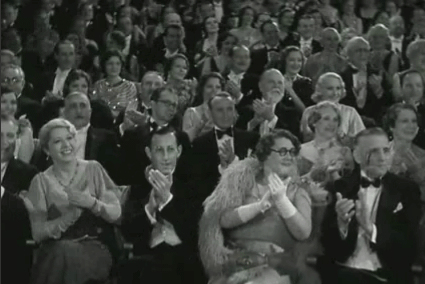
As far as I could tell none of the music professors paid it the slightest attention. Whippy skippy.

I told Eileen that in order to perform well I had to rid my mind of my petty professional jealousies and awareness of my outcast status with this group. The music is most itself in my opinion when it is performed live for listeners. I wanted to purge it of any thoughts other than the musical statements I was making. It’s harder to do with professional musicians in the room, but actually it’s something I have had to do for years dating most onerously back to my work as a grad teaching assistant at Notre Dame (where creepy profs would be sitting in attendance and judgement on my work in the weekly chapel services).
How one thinks when one plays is so critical to the excellence of the performance.
There was one section in the postlude that was just beyond my ability to learn in a week. I adapted it by leaving out a couple of octave doublings. I worked that section over quite a bit in my prep. Interestingly when I performed it, I barely noticed the section. What struck me most was how quickly it had passed after (literally) hours of prep on it. Heh.
But I walked home satisfied with my performance.
*********************************************************************
Rub Out The Words: Letters from William Burroughs | Online Only | Granta Magazine
I’ve read and enjoyed Burroughs since I was a kid. He died in ’97.
***********************************************************************
What happened when he went to the store for bread
In Praise of the Great Bull Walrus by Alden Nowlan | The Writer’s Almanac with Garrison Keillor
I seem to have found a new poet in Alden Nowlan. I inter-library loaned a few of his books yesterday.
*********************************************************************










